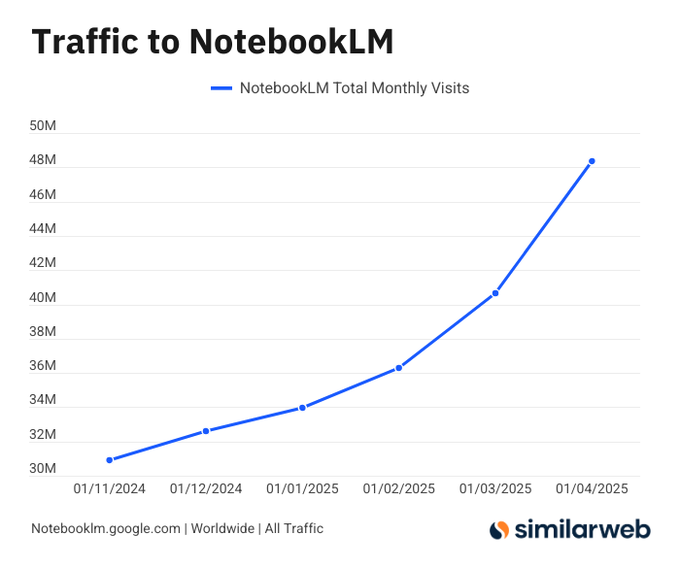
London-based opinion polling firm Survation has been forced to withdraw a survey on zonal pricing after Octopus accused the company of breaching an industry code of conduct.
The firm, which pulled the results on 16 May before publication, in a written response to a request for comment, admitted that questions in the survey “were not subject to our usual internal review procedures”.
Government is expected to make a decision on reforming the UK electricity market by the end of next month, with discussions on regional power pricing forming a key part of the possible measures.
Regional pricing would carve up the UK power market into regional zones with local power prices based on supply and demand.
Energy utilities and renewable energy companies have pushed back against plans for zonal pricing, warning that it would jeopardise billions of pounds of investment in technologies such as offshore wind.
Aberdeen-based communications agency True North commissioned and distributed the results from the survey on zonal pricing on 16 May under an embargo.
The communications agency then contacted the media with an urgent message to rescind the results of the poll on the same day they were issued , following a complaint from Octopus.
Energy supplier Octopus claimed that the survey asked people “highly leading questions”, known as ‘push polling’.
A spokesman for True North said: “True North has partnered with Survation for several years, publicising numerous polls that gauge public opinion on politics and issues of importance to the Scottish business community.
“Survation made us aware this particular data set had not been processed through its normal filters and apologised to True North for the error.”
Survation said in an emailed response to a request to comment: “It is common practice for clients to propose draft polling questions in their own words. Survation’s role as an independent research provider includes applying our standard processes to ensure such questions are neutrally worded and balanced before they are fielded.
“In this case, the questions referred to were not subject to our usual internal review procedures. We recognised pre-publication that the wording used could have led participants toward a particular conclusion, and did not meet our standards for balance.”
The energy supplier claims that the poll was a “clear breach” of the rules set by the Market Research Society’s (MRS) code of conduct.
A spokesperson for the body that sets industry standards, the MRS, said in an emailed response: “As of 14.00 on Tuesday 20 May, the MRS Market Research Standards Board has received no formal complaint relating to the matter outlined.”
Octopus said it had raised a formal complaint with the polling company Survation about what it described as leading questions, alluding to the “dubious polls by the well-funded lobbying campaign against zonal pricing”.
MRS, which sets industry standards for the industry, said it had received “no formal complaint relating to the matter outlined”.
The results of the poll suggested that only a quarter of Scottish participants supported the introduction of zonal power pricing in the UK, with 41% opposing the plans. Just 25% were in favour of zonal pricing and a third were undecided.
The survey asked whether proposals to introduce zonal pricing should be introduced, in the same breath as warning that the Scottish Renewables industry said it would “discincentivise investment in new projects” and make clean power goals “impossible”.
It similarly asked those polled whether transmission charges should be reformed, after highlighting warnings that existing transmission charges “severely penalise” renewables projects in northern Scotland, erode their value, and make new investment challenging.
Octopus claims that these two questions broke rule 28 in the code of conduct set by standards body the MRS, stating that survey participants are “not led toward a particular point of view”.
Octopus argues that it has presented “positive plans to reduce energy costs for consumers” rather than deploying what it describes as “misinformation to defend a broken system”.
But energy data and analysis firm Cornwall Insight warned this month that, according to its estimated timelines, regional pricing would be unlikely to be introduced in the UK until 2030.
Keith Anderson, chief executive of ScottishPower, said that zonal pricing would “snatch defeat from the jaws of victory” concerning the UK’s attempt to transition to clean power by 2030.




















